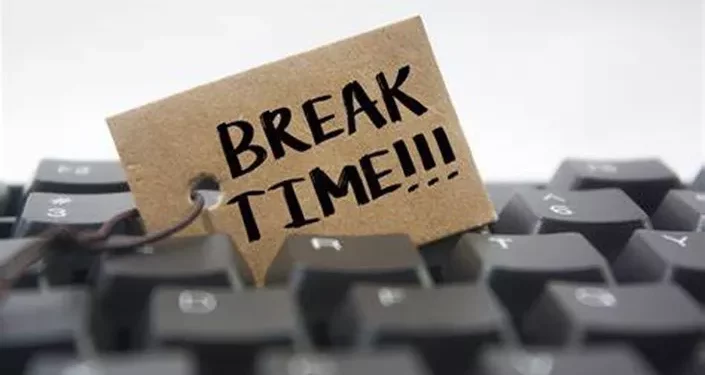Maintaining healthy habits is key to personal and professional growth. However, even the best routines can lead to burnout if not managed properly. Elite athletes understand the importance of rest, using a strategy known as a “deload.” This concept, borrowed from strength training, can be applied to everyday life to help sustain performance and prevent fatigue.
What Is a Deload?
A deload is a planned break from intense physical training. For weightlifters, it usually means reducing the intensity or frequency of workouts for a week, or even pausing entirely. While it may seem counterintuitive, taking a step back allows the body to recover and reset.
Deloads are essential when fatigue builds up, as continuous hard training without breaks can lead to burnout and hinder progress. Strength trainers typically schedule deloads every 4, 6, or 8 weeks, or whenever they notice physical or mental fatigue.
Why Do Athletes Use Deloads?
Deloads serve three main purposes:
-
To reset physical fatigue: After weeks of heavy training, the body needs time to recover.
-
To avoid non-functioning overreaching: This is when excessive training leads to no progress, despite hard effort.
-
To provide a mental break: Rest is crucial for maintaining motivation and focus.
For athletes, deloads aren’t a sign of weakness—they are a strategy to perform better in the long run. When used strategically, they rejuvenate the body and mind, helping athletes return to their routine with renewed energy.
Fatigue in Productivity vs. Sports
In the world of personal productivity, fatigue is often seen as a flaw. The common belief is that success comes from non-stop effort. But athletes view fatigue differently—it’s a natural part of high performance. They recognize that recovery, through deloads, is vital for sustained success.
Just as strength trainers take breaks from lifting, other athletes, such as marathon runners, also schedule recovery periods to avoid exhaustion. By accepting fatigue as a part of the process, they optimize their long-term performance.
Applying Deloads to Everyday Life
We can apply the same principles to our daily routines. Just as a lifter needs a break from intense training, we may need periodic breaks from habits that accumulate fatigue. For example:
-
Taking a week off from cooking.
-
Pausing a daily habit, like practicing a new language.
-
Reducing errands, like driving or grocery shopping, for a week.
These breaks can refresh us and prevent burnout in our personal and professional lives.
Active Recovery During Deloads
While taking a deload doesn’t mean doing nothing, it does mean reducing intensity. In strength training, lifters might still go to the gym but with lighter weights or fewer sessions. In life, this could mean continuing with lighter tasks that don’t drain your energy, such as preparing simple meals or going for a walk.
Beyond Rest: The Value of Deloads
Deloads offer more than just rest. They create space for new activities. Without the pressure of sticking to a rigid routine, we can explore other interests or take on new projects. For example, you could use your deload week to engage in a hobby, read, or spend quality time with family.
Rather than focusing on a specific goal, a deload gives you the freedom to explore what you feel like doing without the burden of a packed schedule.
Planning Your Deload
Here are five questions to help you plan a successful deload:
-
Will you schedule your deload or take it based on need? If based on need, identify clear signs like fatigue or lack of progress.
-
How long will your deload last?
-
What will you do during your deload? Ensure any activities are restful, not overly engaging.
-
What will you avoid during the deload to get the full benefits?
-
How will you ease back into your normal routine? Plan a smooth transition to avoid a sudden overload.
Deloads: A Tool for Sustaining Good Habits
Deloads aren’t just for athletes—they are useful in everyday life. Sticking to a routine can lead to fatigue, and sometimes, a break is necessary to refresh and continue progressing. Just as athletes use deloads to avoid plateaus, we can use them to prevent burnout and maintain our habits.
When fatigue sets in, don’t push through endlessly. A well-timed break can help you come back stronger, with more energy to tackle your goals.
Related topics:

























